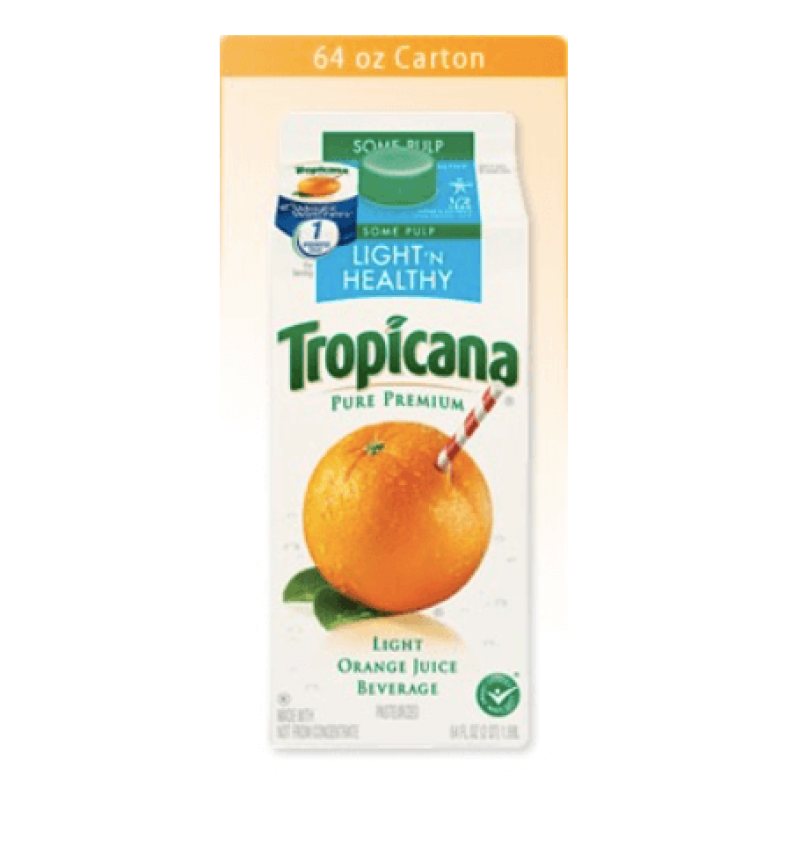The GLP aggregated and excerpted this blog/article to reflect the diversity of news, opinion and analysis.
PepsiCo’s Tropicana Pure Premium will start carrying a label early next year notifying shoppers that the orange juice does not contain genetically modified organisms.
That might seem like a big win for advocates of GMO labeling. But in the case of Tropicana, it’s a far more complicated issue, with some viewing the move by PepsiCo as insincere.
There is currently no such thing as a genetically modified orange on the market. Any product that is 100 percent orange juice, including Tropicana Pure Premium, is automatically non-GMO. It’s a little bit like labeling oranges gluten-free. . .
Products like orange juice are considered “low risk” for GMOs, says Megan Westgate, executive director of the Non-GMO Project, whose seal Tropicana will carry. But she points out that there may well be GMO oranges on the market in the near future. “Testing [of GMO varieties] is is being done on everything,” Westgate says, including oranges, with a genetically engineered citrus tree resistant to citrus greening undergoing testing. Most consumers also don’t know which ingredients have GMO counterparts, Westgate says. . .
This is a case of “corporate schizophrenia,” says Marion Nestle, a professor of nutrition and food studies at New York University. PepsiCo is trying to appear transparent, she says, but “they are doing everything they can behind the scenes” to block mandatory labeling. . .
PepsiCo’s decision to pursue a non-GMO label for Tropicana may be part of an attempt to reignite sales since the Non-GMO Project Verified seal is one of the fastest-growing labels. “This is a marketing device” for PepsiCo, says Nestle.
Read full, original post: Why the “Non-GMO” Label on Tropicana OJ Means Less than it Seems































